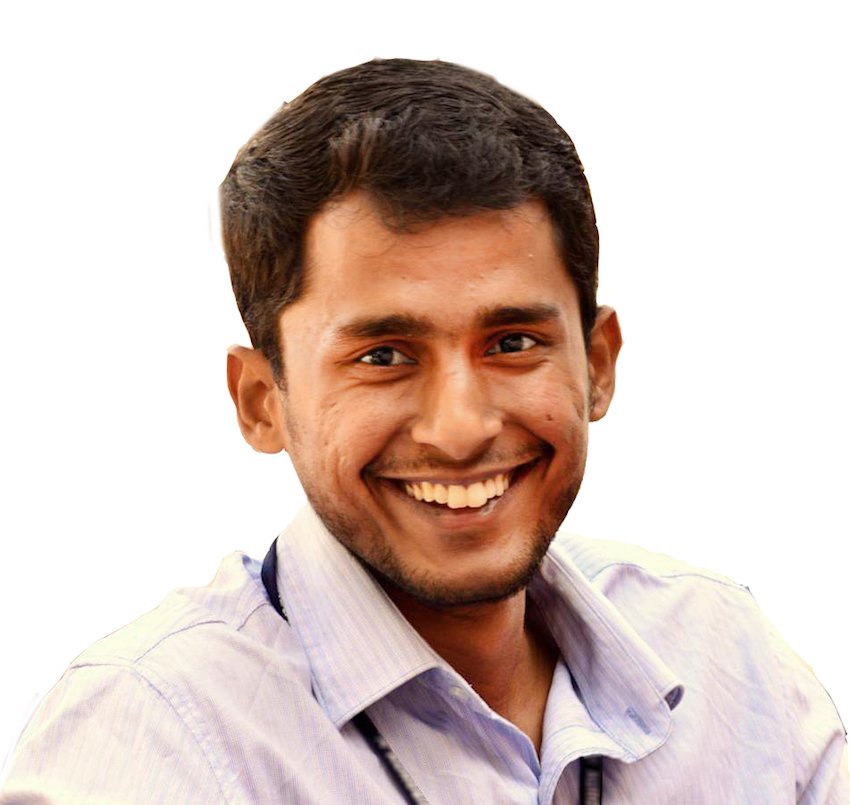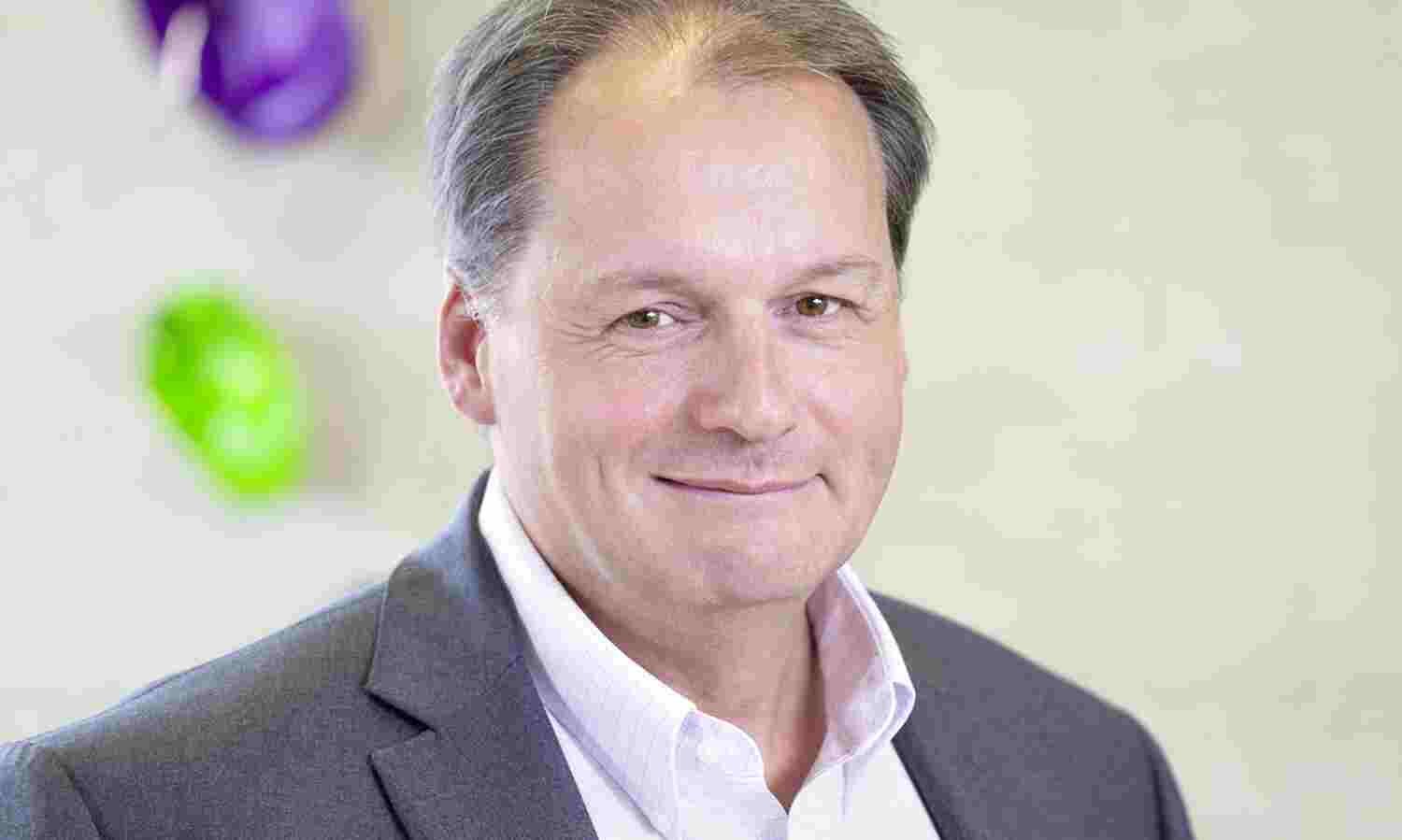India's contribution a mere 2% in clinical research
29 August 2014 | News | By BioSpectrum Bureau

Ms Suneela Thatte, president, Indian Society for Clinical Research (ISCR)
Singapore: Despite being home to one sixth of the world's population and carrying one fifth of the world's disease burden, yet less than 2 percent of global clinical research takes place in India. This is bad news for patients suffering from critical diseases. The reasons for the decrease include issues such as regulatory hassels, anti-trial activists, compensation issues, patient deaths etc.
Ms Suneela Thatte, president, Indian Society for Clinical Research (ISCR) said "The quest for finding superior and lifesaving medicines is an ongoing one. For every medicine and device that gets a marketing approval, there is a larger story of years of research in laboratories and extensive patient participation in clinical trials to determine their safety and efficacy."
She further added, "Patients help patients. Today all of us have access to better and newer treatments because of patients who have participated in clinical trials. Thus, we are all beneficiaries of clinical research. Yet it is unfortunate that the progress of clinical research in India has been stalled by several extraneous factors denying patients the opportunity to participate in and benefit from ongoing clinical research. The impact of this on patients is huge. A slowdown in clinical research in the country means little or no access to newer and better medicines for our patients and a rising disease burden."
"Due to the existing tumultuous clinical trials milieu in the country, new drug development is totally hampered. We have a huge rise in the number of NCDs including depression, hypertension, and cancer, and soon we will be the diabetes capital of the world. At the same time, there are diseases which are reflective of a developing economy like TB, malaria, and leprosy among others. Unfortunately, we do not have satisfactory treatments for these diseases. Also, we have HIV, and recently the Ebola, for which there is no cure at present," emphasized Ms Thatte.
"If we do not forge into clinical research and drug development, soon we will face issues for which we will not have satisfactory access to medicines," she added.
The current uncertainty in clinical trials in India discourages Indian companies from performing clinical research and drug development.
"Clinical trials are crucial to attack the diseases bothering our country. No companies from the West are going to think about TB, which is a major issue here in our own country," she justified.
Ms Thatte also opined that it is important to have a balanced regulatory environment. "It is important to take care of the interests of patients participating in clinical research, and never compromise on their safety," she said.
During the discussion, she also pointed out that negative publicity and existing uncertain regulatory environment have affected Indian pharma companies including multinationals.
"Many MNCs are going away from India, proving it to be an unfavorable destination for clinical trials. Sadly, Indian companies too, involved in drug development are pulling out of the country," she lamented.
It is not just the clinical research industry, but also academic research that bears the brunt. "Cutting-edge technologies have come out of academic research as well, especially in the area of cancer. Its contribution has been exceptional, ensuring the availability of attractive treatments," she said.
Ms Thatte holds the opinion that a clinical trial environment should support innovation. "Without innovation there will be no progress and our disease burden is not going to be addressed," she stated.
She concluded by saying that it is imperative to create awareness on the regulatory environment, which protects the interests of the subjects and patients taking part in clinical research.
"At the same time, the clinical research environment should also be balanced. Regulations should always be stringent and never relaxed. Otherwise, the clinical data collected after spending millions of dollars in the country will be rendered useless," concluded Ms Suneela Thatte.












